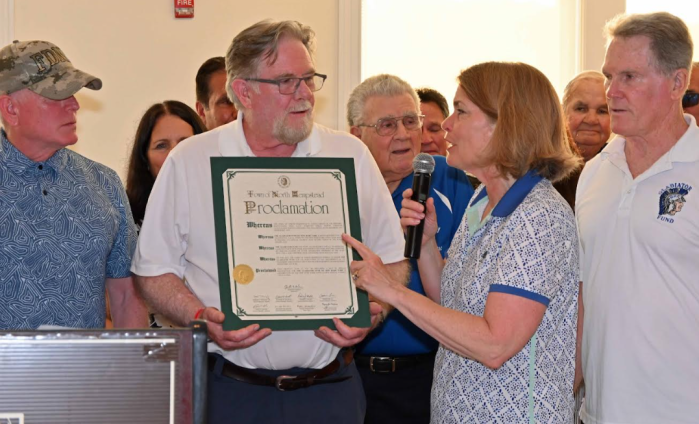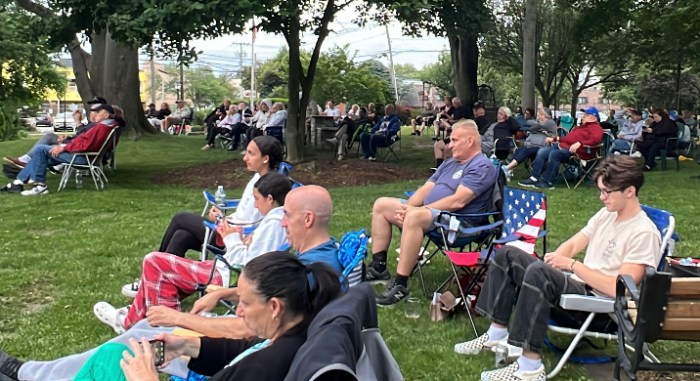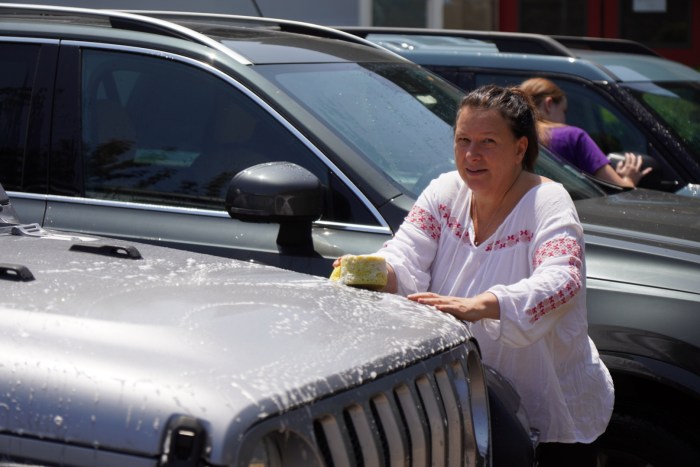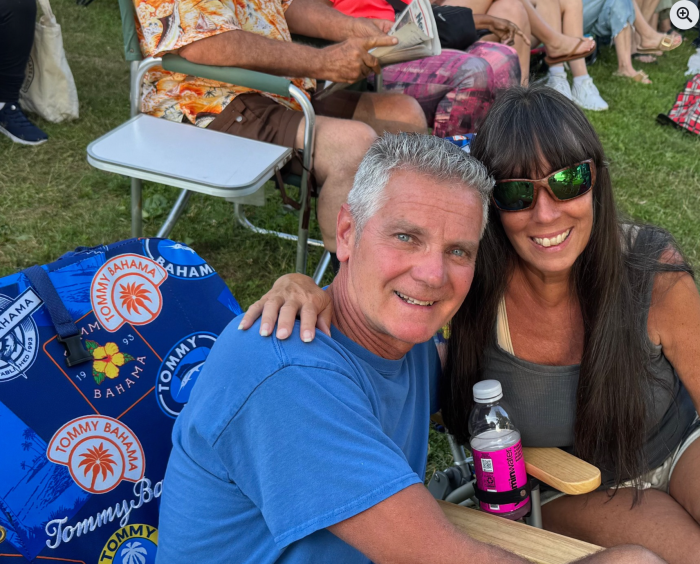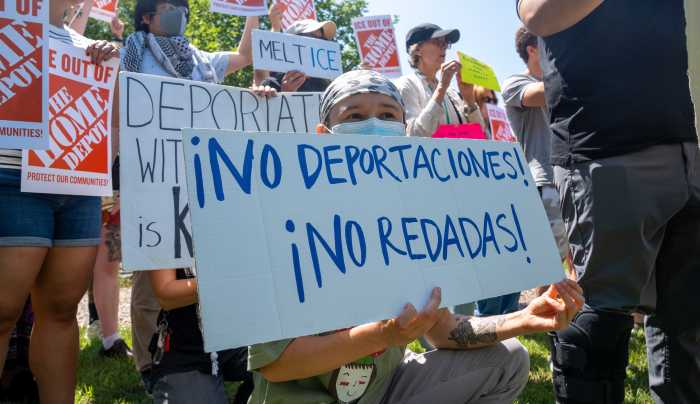
Swimming 2.4 miles in the water. 112 miles on a bike. 26.2 miles on foot.
For an average person, that’s enough exercise to last at least a couple months. But for Marc Fernandez, all it took was just under 14 and a half hours.
Back in 2014, Fernandez first learned what a triathlon consisted of. Now three years and countless races later, he can call himself a member of the elite Ironman club following his completion of the annual Lake Placid Ironman Triathlon on July 23. Although finishing an Ironman Triathlon is a momentous triumph on its own, Fernandez’s accomplishment was special for more than the physical feat it entailed.
Alongside hours upon hours of grueling training each day to prepare for the race, the former high school runner dedicated himself to raising money for an important cause. As the Marketing and Communications Coordinator for Family and Children’s Association, Fernandez wanted to spread the word about a program called Walkabout that offers housing and support for homeless and struggling youth on Long Island.
The scope of Family and Children’s Association extends far and wide with programs in addiction prevention and recovery, senior and adult services, family education and support services, and gun violence reduction, among many other fields. However, Fernandez wanted to specifically raise money to support a long-standing program that has helped many in Long Island for over four decades.
For previous, smaller races, Fernandez had raised money for Family and Children’s Association as a whole, but he wanted to focus in on Walkabout for his Ironman attempt, as he had previously worked with the program and seen its great results. So, well before his race date, he created a page on CrowdRise with the goal of raising $5,000 for his program of choice.
Walkabout provides housing and all kinds of support for homeless youth in Long Island. As can be found on the Family and Children’s Association’s website, “Walkabout for Young Men and Women is a transitional house in Freeport, serving homeless adolescents. It provides ten young people (ages 16-20) with housing and services for up to eighteen months in order to prepare them for living independently in the community.”
In the words of Fernandez, “The house just makes so much sense for the community, to provide a place that doesn’t have the look or feel of an institution where you walk in, and it’s all cold and it looks like an abandoned, run-down kind of place. This is a beautiful home in Freeport with a lawn, and a comfortable space, and lots of room, and a full kitchen, and a backyard and all that stuff.”
Even over the phone, Fernandez’s passion for and belief in this program could be felt. So, he set out to reach his fundraising goal by spreading news of his race and the Walkabout House through several social media channels. However, the end goal was really to get publicity for this program and attract not only one-time donors but also long-term contributors who would be committed to supporting this cause.
As such, on July 14, Family and Children’s Association hosted an open house barbecue of sorts where people in the extended Freeport community could come to the home, look around, and interact with the staff and young adults living in the home. In this way, people could really form a connection to a place and a philosophy of giving back rather than a nebulous crowdfunding Internet page.
In the end, Fernandez’s efforts were well worth it as he reached his $5,000 goal with contributions from 90 different donors and completed the daunting Ironman race. Even beyond those accomplishments, this experience proved to Fernandez that support for homeless youth was present and abundant on Long Island.
“I think there’s a great potential for this kind of cause,” Fernandez said. “$5,000 is great because every little bit counts. Now, is it enough? Definitely not. But, it does move the needle, and it continues the conversation that we need to continue having to really tackle these a lot of these social justice and public health issues that we have. More specifically, to the homeless youth population, it’s a very hard fork in the road if a homeless youth has a program like this, the chances of success are very high. But, if they don’t have the support like this, what’s the alternative?”
For more information on the Walkabout program, visit www.familyandchildrens.org/programs-services/residential-care/walkabout.




